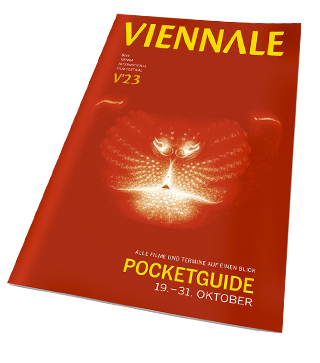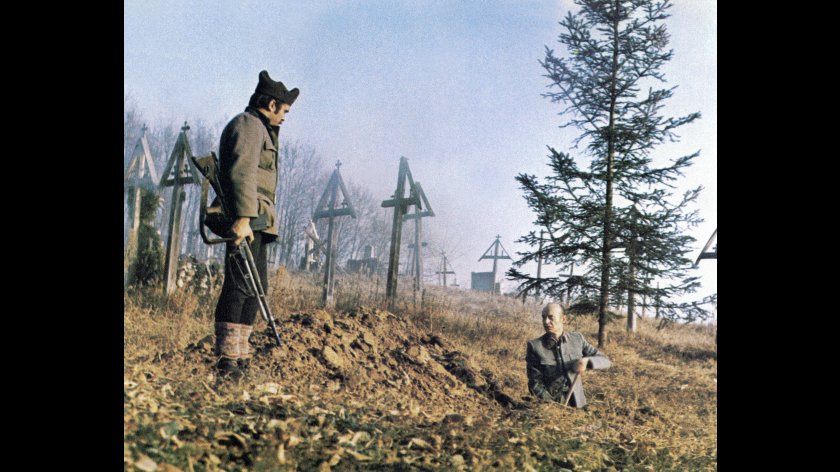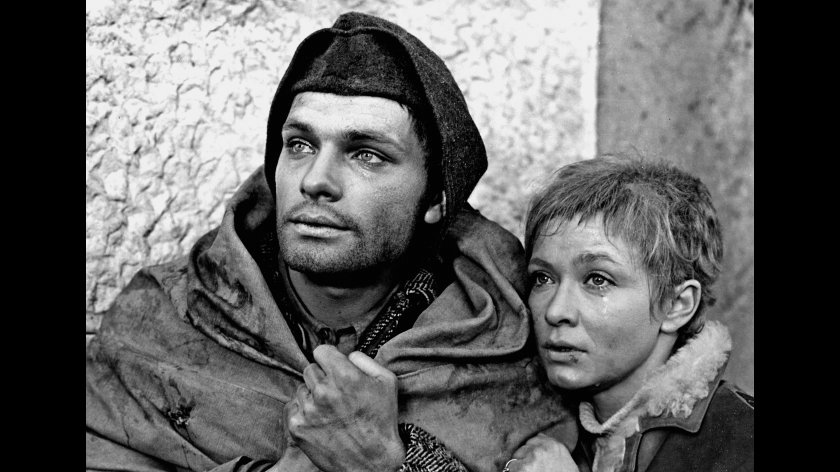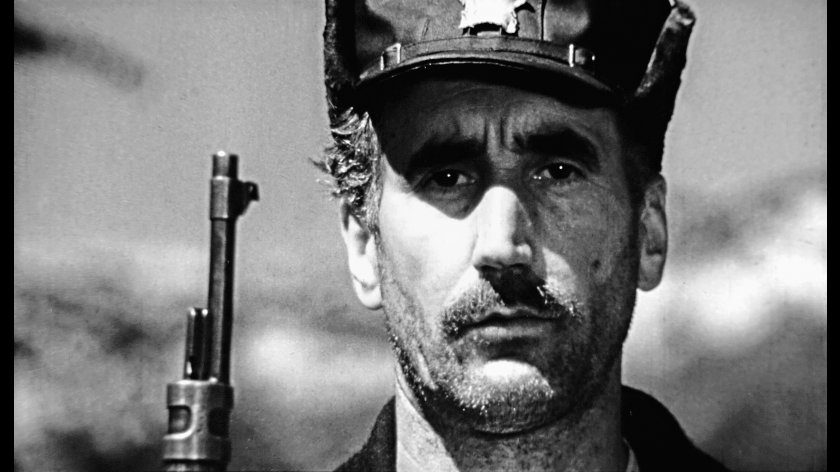Muži bez křídel
Men Without Wings
Die Stärke dieses Films liegt in seiner Intimität, einem nahezu zärtlichen Blick auf das Innenleben der Protagonisten. Schauplatz ist der Flughafen Ruzyně, die Hauptakteure sind der Arbeiter Petr und dessen Neffe Jirka, der aus Lidice fliehen konnte – jenem Dorf, das die Nazis nach dem Attentat auf Heydrich auslöschten. – Dass František Čáp während der deutschen Okkupation der Tschechoslowakei als Regisseur tätig sein konnte, gereichte ihm nach Kriegsende nicht zum Vorteil. MUŽI BEZ KŘÍDEL stellt zwar eine Art Rehabilitation dar; nach der kommunistischen Machtübernahme 1948 war Čáp dennoch gezwungen, seine Heimat gen Jugoslawien zu verlassen.
Mit einer Einführung von Marie Barešová.
František Čáp remained active during the Nazi occupation of Czechoslovakia, even directing some of his finest films, which meant his artistic and political status after the war was somewhat compromised. During a period when no less than a third of the Czechoslovakian cinematic output dealt with WWII, Čáp redeemed himself with MUŽI BEZ KŘÍDEL, a suspenseful patriotic drama that glorified personal bravery and the commitment of the proletariat during the Protectorate. The setting is Ruzyně Airport, and the protagonists are workers Petr and his young nephew Jirka, a refugee from Lidice, a village destroyed by Nazis in the aftermath of Operation Anthropoid, both of whom participate in various forms of sabotage. MUŽI BEZ KŘÍDEL enjoyed success both at home and internationally, even becoming one of the eleven ex-aequo Grand Prix-laureates at the first edition of Cannes Film Festival in 1946. Čáp was nevertheless forced to leave his home country after the 1948 communist coup d’état, eventually finding a new home in Yugoslavia. Similar to Čáp’s other partisan films, especially TRENUTKI ODLOČITVE, MUŽI BEZ KŘÍDEL is a decidedly intimate film. Čáp is clearly not interested in action and instead focuses on the inner lives of his troubled protagonists, his tender gaze simultaneously observing, understanding, and imagining the brave, determined new women and men of tomorrow.
With an introduction by Marie Barešová.
- Gustav Nezval
- Ladislav Herbert Struna
- Jaroslav Zrotal
- Vladimír Hlavatý
- Jan W. Speerger
- Bohumil Štěpánek
- Jan Stallich
- Jan Kohout
- Julius Kalaš





